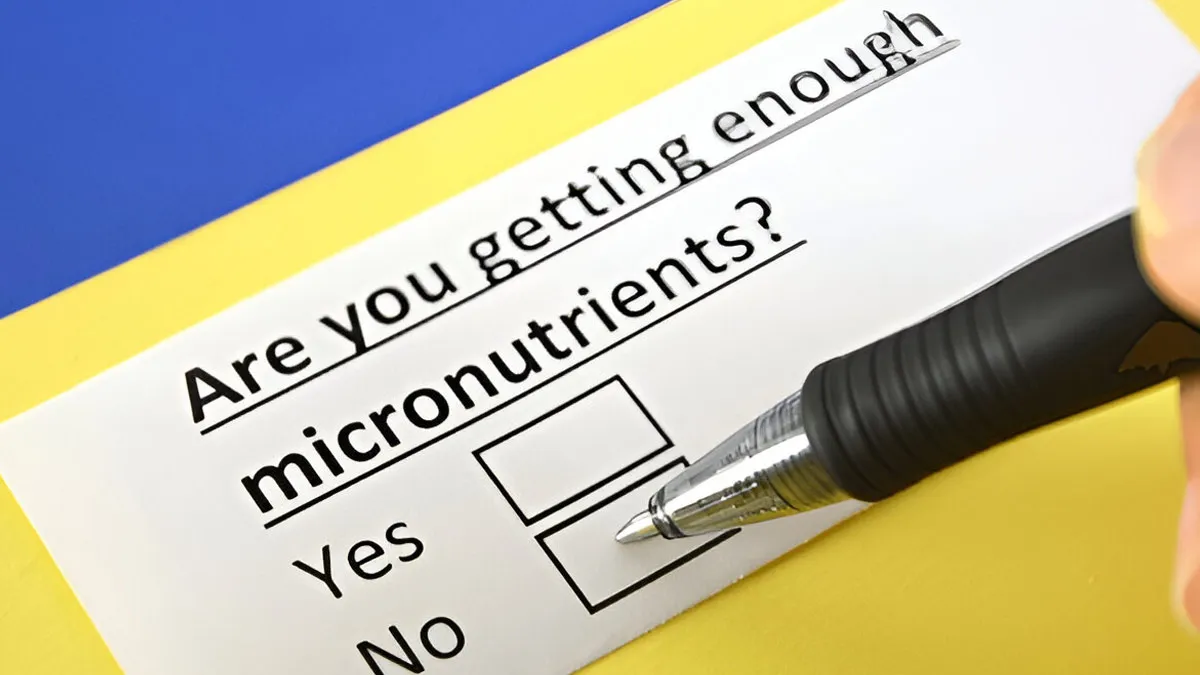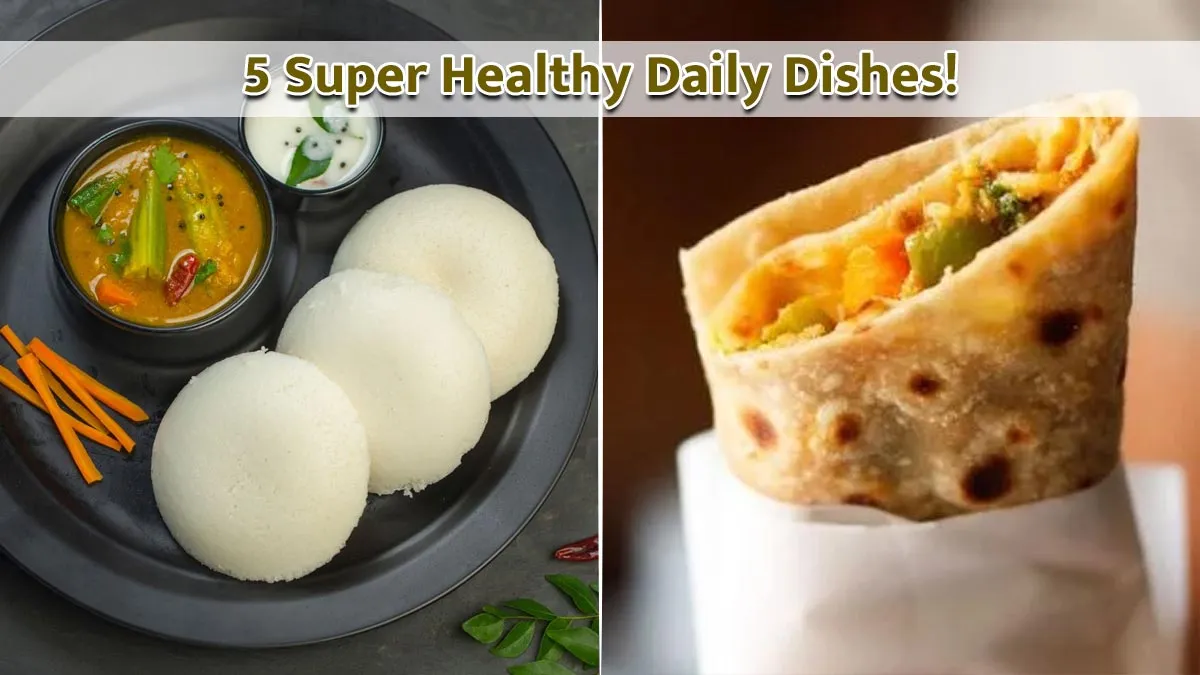When the mercury rises and the sun is blazing, nothing satisfies like a frosty drink. You might slake your thirst with a cold brew, a lemonade, or an Arnold Palmer—or you could embrace the health benefits of iced tea, scoring multiple wins with one sip. We caught up with tea and nutrition experts to learn about the advantages of this classic quaff and whether the tea's temperature impacts its positive effects.
Tea, on its own, is loaded with benefits. "Tea is a refreshing beverage that tastes great and contains no sugar, sodium, or fat, and is calorie-free," says Tracy Olgeaty Gensler, MS, RD, of Pollock Communications, noting that unsweetened tea was recently awarded the FDA's "healthy" label.
"Both caffeinated and decaffeinated true teas (black, green, white, oolong, and dark) and herbal teas are hydrating beverages," Gensler says. As such, they supply the body with necessary fluids to function properly. "Whether hot or iced, tea can be a great way to stay hydrated, especially for people who want a flavorful alternative to water," agrees Grace A. Derocha, MBA, RD, CDCES, registered dietitian and spokesperson for the Academy of Nutrition and Dietetics.
: Tea is primarily made from water, so it contributes to hydration levels, but it should supplement, not replace, water intake. For most people, 2 to 4 cups of unsweetened tea per day is a safe, beneficial range, Derocha says.
According to the National Academy of Medicine (NAM), men should consume about 125 ounces of fluids daily, including water from both beverages and foods, while women need 90 ounces. "Adequate water intake is important to maintain hydration and vascular volume, absorb metabolic heat, transport nutrients and waste, and as a solvent for biochemical reactions in the body," Gensler explains.
Green, black, white, and oolong varieties from the Camellia sinensis plant can help reduce the risk of chronic illnesses and also contain the amino acid L-theanine, which promotes relaxation. Green tea has the most antioxidants, and black tea is also packed with polyphenols
: "Green tea, with its high levels of EGCG, supports antioxidants that help reduce inflammation and may lower the risk of heart disease and type 2 diabetes," Derocha says. (EGCG is the acronym for epigallocatechin gallate, a plant flavonoid known as a catechin.)
: Black tea, while slightly lower in catechins, is still rich in flavonoids that support vascular health and healthy blood pressure, she adds.
"Iced herbal teas can also offer a calming, caffeine-free hydration option that supports mental well-being, especially when served cold on a warm day," Derocha says.
: This rosy brew in particular has been linked to supporting healthy blood pressure levels, which is a great bonus for heart health, says Derocha.
: "Chamomile is loaded with flavonoids and offers gentle relief from stress, inflammation, tummy upsets, and so much more," says Cynthia Fazekas, tea master and master blender at Adagio Teas.
: Herbal blends can combine these benefits and offer refreshing hydration without the risk of sleepless nights, she adds.
Herbal teas, such as yerba mate and yaupon, which naturally contain caffeine, may have an additional edge. "A 2018 examination of caffeinated herbal tea consumed cold found that the colder temperature was linked to greater thermogenesis and fat oxidation, showing its potential for influencing body weight, warranting further research to examine this interesting link!" Gensler says.
Still, any old tea won't necessarily bestow benefits. "Getting the maximum benefits can depend on the freshness of the leaves (important!) as well as the brewing method," Fazekas says.
No matter if it's made with loose-leaf teas or sachets, or served iced or hot, tea must first be brewed, either infused in hot water, in cold water, overnight, in the fridge, or basking in the sun. When brewed with care, tea should be smooth and not bitter, Fazekas says.
: "Most of the research suggests that cold brewing does not release as much of the antioxidant content as hot brewing, but the yield is still far better and more beneficial than cold beverages that are mostly sugar and water," says Fazekas.
: And there may be exceptions. "One study interestingly showed that white tea released more polyphenols when cold brewed," she notes, adding that whatever the brewing method, the bioavailability of the antioxidants is still excellent.
Enjoyed hot or cold, the benefits attributed to drinking tea are usually similar. Serving tea cold doesn't diminish the benefits—polyphenols remain stable unless the brew is heavily diluted or sits out for too long, Derocha explains. "The key is how you prepare it: fresh-brewed and unsweetened tea—iced or hot—retains its full nutrition."
Some tea drinkers prefer their iced brew with plenty of cubes, while others need something extra to make it palatable. "It's all about balance: Tea can still be a part of a healthy lifestyle, even with a splash of milk or a touch of sweetener—just be mindful of how often and how much," Derocha says.
Remember that added sugar, says Derocha, can spike blood glucose and add calories.
: For iced chai or milk teas, Derocha suggests choosing unsweetened or low-sugar versions and using a milk or milk substitute with calcium and vitamin D to boost its nutritional value.
: For those seeking more flavor, Gensler suggests adding a final flourish of fresh mint, cinnamon, or lemon.
Iced tea is a delightful and healthy refresher; nevertheless, overindulging can have a negative impact.
: "Some teas contain caffeine, which in high amounts can lead to sleep disturbances, increased heart rate, or digestive issues," Derocha points out.
: And certain compounds, like oxalates, more prevalent in black teas, can affect kidney health. "Always talk with your healthcare provider if you have kidney issues or other conditions that might require special guidance," Derocha says.









